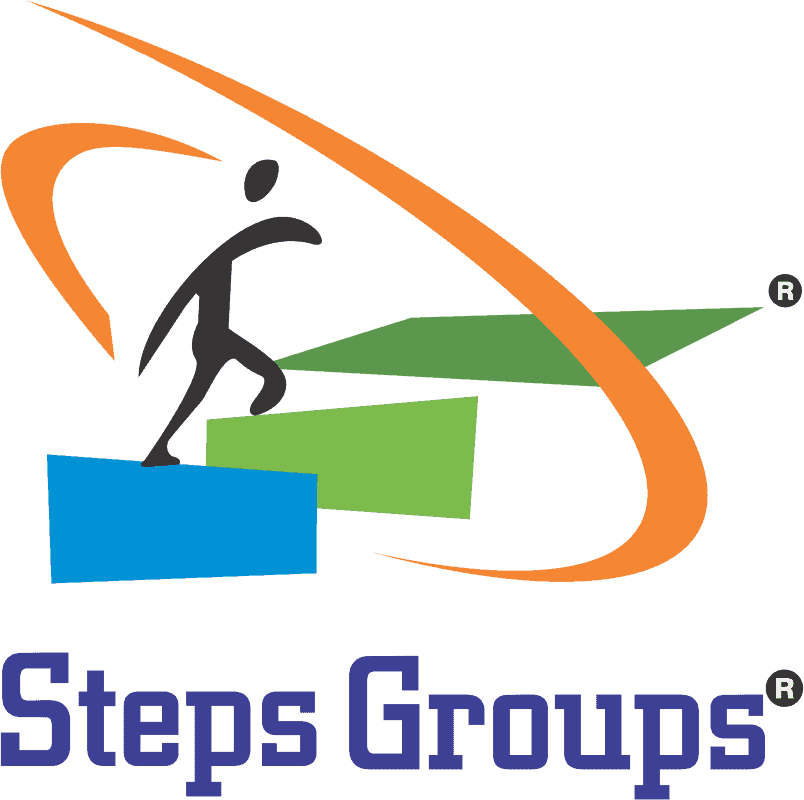Stroke Recovery: Why Occupational Therapy Matters

A stroke can be a life-altering event, often leaving survivors with physical, cognitive, and emotional challenges. Recovering from a stroke requires a comprehensive approach, and one of the most vital components of post-stroke rehabilitation is occupational therapy. For stroke survivors, regaining independence in daily life can feel daunting, but occupational therapy plays a critical role in helping them rebuild essential skills and return to everyday activities.
Occupational therapy is a form of rehabilitation that focuses on helping individuals develop or regain the ability to perform everyday activities (also known as “occupations”). For stroke survivors, occupational therapy addresses both the physical and mental impairments caused by the stroke, making it an essential part of the recovery process.
How Does a Stroke Affect the Body?
Some of the most common challenges stroke survivors face include:
- Loss of Motor Skills: Paralysis or weakness, often on one side of the body, can make it difficult to move and perform tasks.
- Cognitive Impairments: Memory loss, trouble with problem-solving, and difficulties with attention are common after a stroke.
- Sensory Issues: Stroke survivors may experience difficulties with balance, coordination, and feeling sensations like touch or temperature.
- Emotional and Behavioral Changes: Anxiety, depression, and changes in behavior are not uncommon, adding to the challenges of recovery.
How Occupational Therapy Helps in Stroke Recovery
Occupational therapy is uniquely positioned to address the wide range of deficits stroke survivors may experience. Here is how occupational therapy specifically contributes to stroke recovery:
- Restoring Daily Living Skills: Occupational therapy helps stroke survivors relearn essential tasks like eating, dressing, and bathing to regain independence.
- Improving Fine and Gross Motor Skills: Focuses on exercises to enhance coordination, strength, and control in affected limbs.
- Cognitive Rehabilitation: Targets memory, attention, and problem-solving skills to improve daily functioning.
- Adapting the Home Environment: Recommends adjustments to make the home safer and more accessible for stroke survivors.
Emotional and Psychological Support: Provides coping strategies to manage anxiety, depression, and emotional changes post-stroke.
Long-Term Benefits of Occupational Therapy for Stroke Survivors
The impact of occupational therapy on stroke recovery goes beyond short-term rehabilitation. It provides patients with the skills and confidence needed to maintain independence and prevent secondary complications like falls or further injuries. Additionally, OT encourages the development of routines and habits that promote long-term health and well-being, helping stroke survivors continue improving their abilities long after therapy sessions have ended.
Occupational therapy plays a pivotal role in the recovery process after a stroke, helping individuals regain control over their lives and achieve greater independence. If you or a loved one is recovering from a stroke, Steps Groups can provide the expert care needed to support and enhance the recovery journey.


